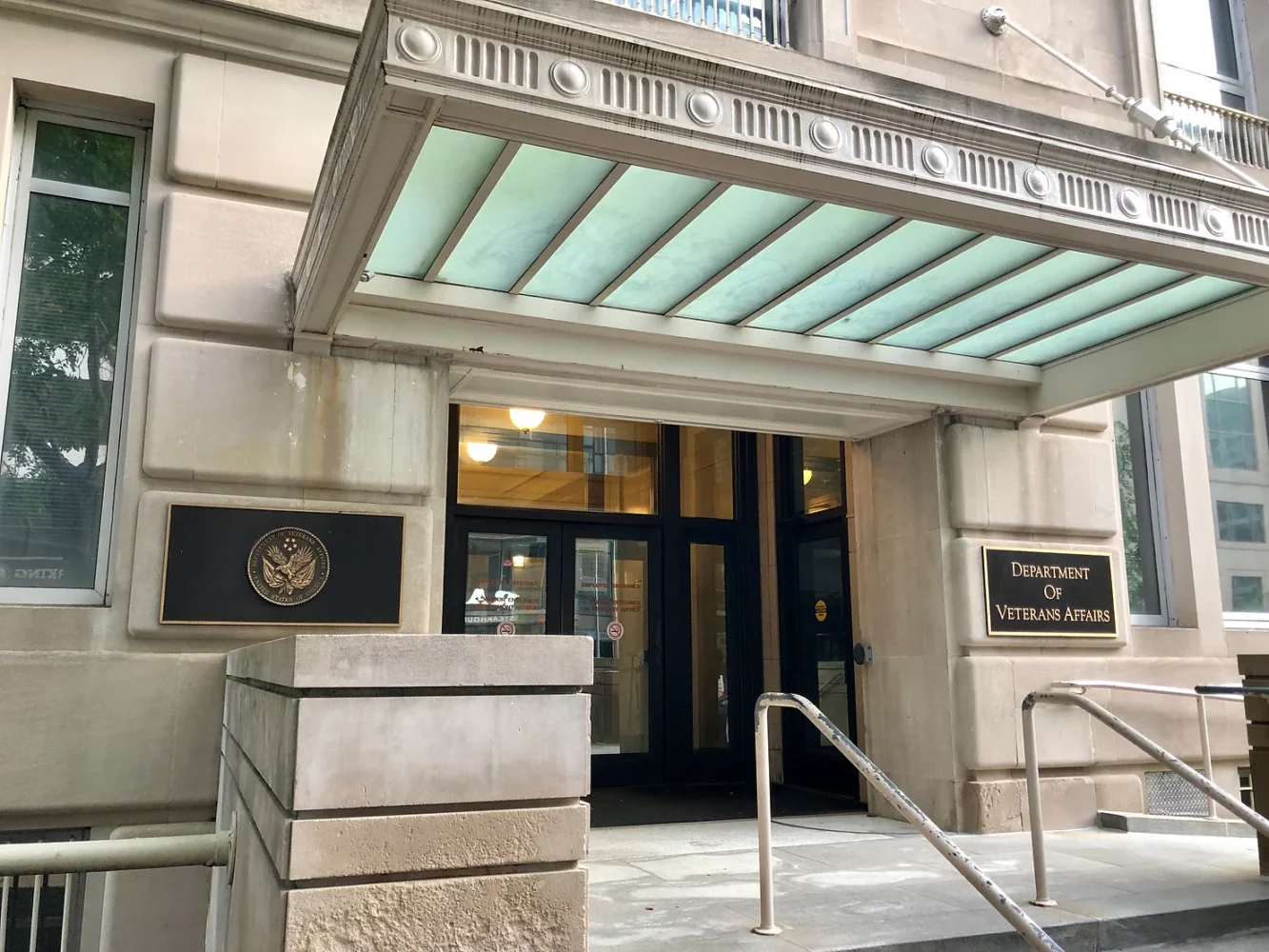National Desk: Vets will keep access to telehealth prescriptions with extension of pandemic-era rule

This article originally appeared on The National Desk
(TND) — Veterans will benefit from a temporary extension of a pandemic-era telemedicine rule, officials say.
But officials are also looking for lasting changes they say will help rural veterans access the health care they need.
The Drug Enforcement Administration and the Department of Health and Human Services issued a six-month extension on the ability for doctors to prescribe controlled medicines with only a virtual patient visit.
The “flexibilities” were put in place during the pandemic so patients could get their medications without having to venture out for an in-person doctor’s visit.
But the COVID-19 public health emergency is ending Thursday, and with that some pandemic-period allowances will go away.
The DEA is trying to develop a permanent rule for prescribing certain controlled medications via telemedicine with “appropriate safeguards.”
And in the meantime, it has decided to extend the full set of telemedicine flexibilities adopted during the public health emergency.
The extension runs through Nov. 11 and will afford folks with established practitioner-patient telemedicine relationships to keep at it for another year after that.
The DEA and HHS announced proposed rules several months ago for permanent telemedicine flexibilities but decided to go with a temporary extension after receiving a record 38,000 comments on their proposal.
The Department of Veterans Affairs coordinated with the DEA and HHS on the permanent proposal.
VA Secretary Denis McDonough has said telehealth is an important tool in reaching more veterans.
McDonough said during a March news conference that DEA proposal was “an important first step to ensure we can continue to provide care to our veterans.”
“But it’s only the first step to be able to maintain our ability to provide timely care to 40,000 veterans who get their prescriptions across state lines,” he said. “We need legislative relief from Congress. So, we’ve been talking with them about this for the last year. We’ll keep talking to them about it, and we’re really hopeful that they can help us get this done.”
There are lawmakers who have voiced their support for allowing prescribing of medicines via telehealth.
But some, including Sen. Mark Warner of Virginia and Sen. Ed Markey of Massachusetts, were critical of the DEA proposal for including in-person visit requirements within 30 days of the telehealth prescription.
Markey specifically raised concern that people wouldn’t have access to buprenorphine, which is used to treat opioid addiction.
Markey and some Democratic colleagues sent a letter to the DEA and the attorney general advocating for the permanent extension of the public health emergency flexibilities.
“Given the opioid epidemic’s scope, we must ensure that all (opioid use disorder) medication treatment options are accessible to everyone, regardless of their geographic location, economic status, or ability,” they wrote. “While the DEA’s proposed rules take a step forward in permanently incorporating telehealth, they scale back flexibilities that people rely on to access life-saving OUD medications.”
The VA on Wednesday issued a breakdown of how the end of the public health emergency will affect its care and services.
The DEA’s extension ensures veterans can still get their prescriptions via virtual doctor visits, at least for the next six months.
Cole Lyle, a former Marine and current advocate for veterans with his group Mission Roll Call, said the extension was smart. And he’s in favor of permanently allowing telehealth prescriptions as long as they include safeguards to prevent the overprescribing of drugs.
“I think in terms of access and expansion of care, and the benefit that it provides to rural veterans, and tribal veterans, in underserved areas, I think it’s a no-brainer that it benefits them,” Lyle said. “So, I think it would be good for those groups to make this permanent.”